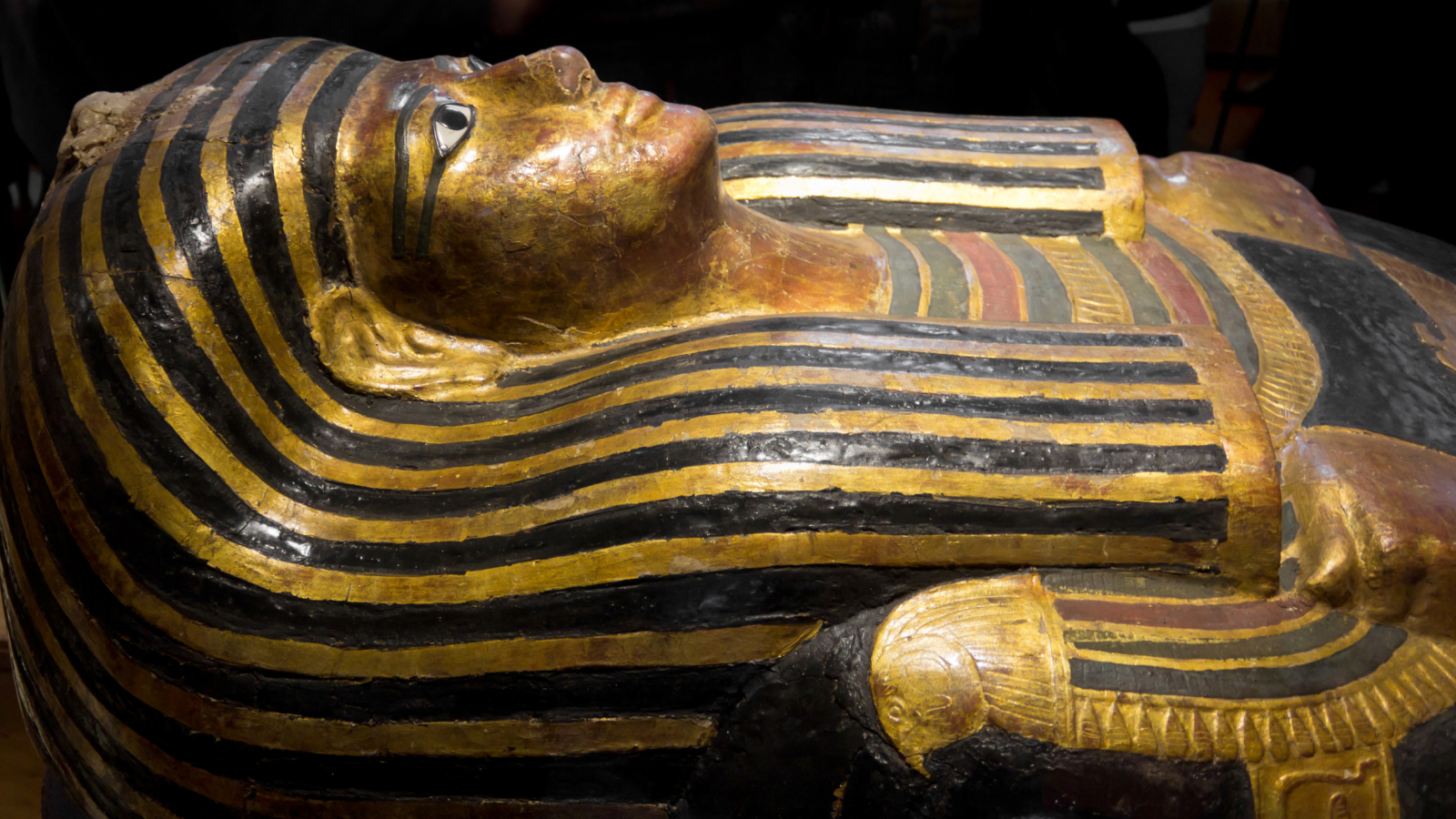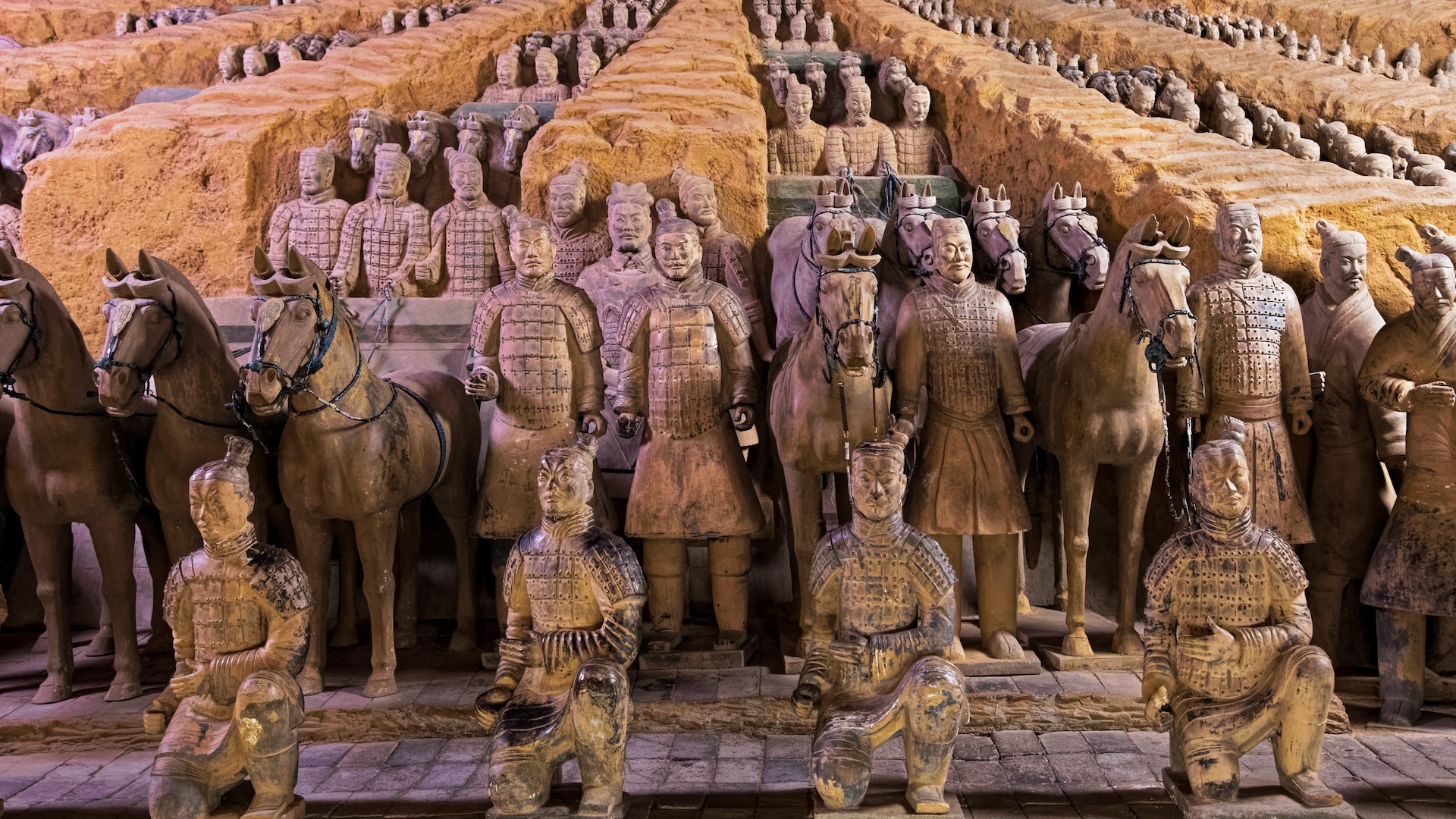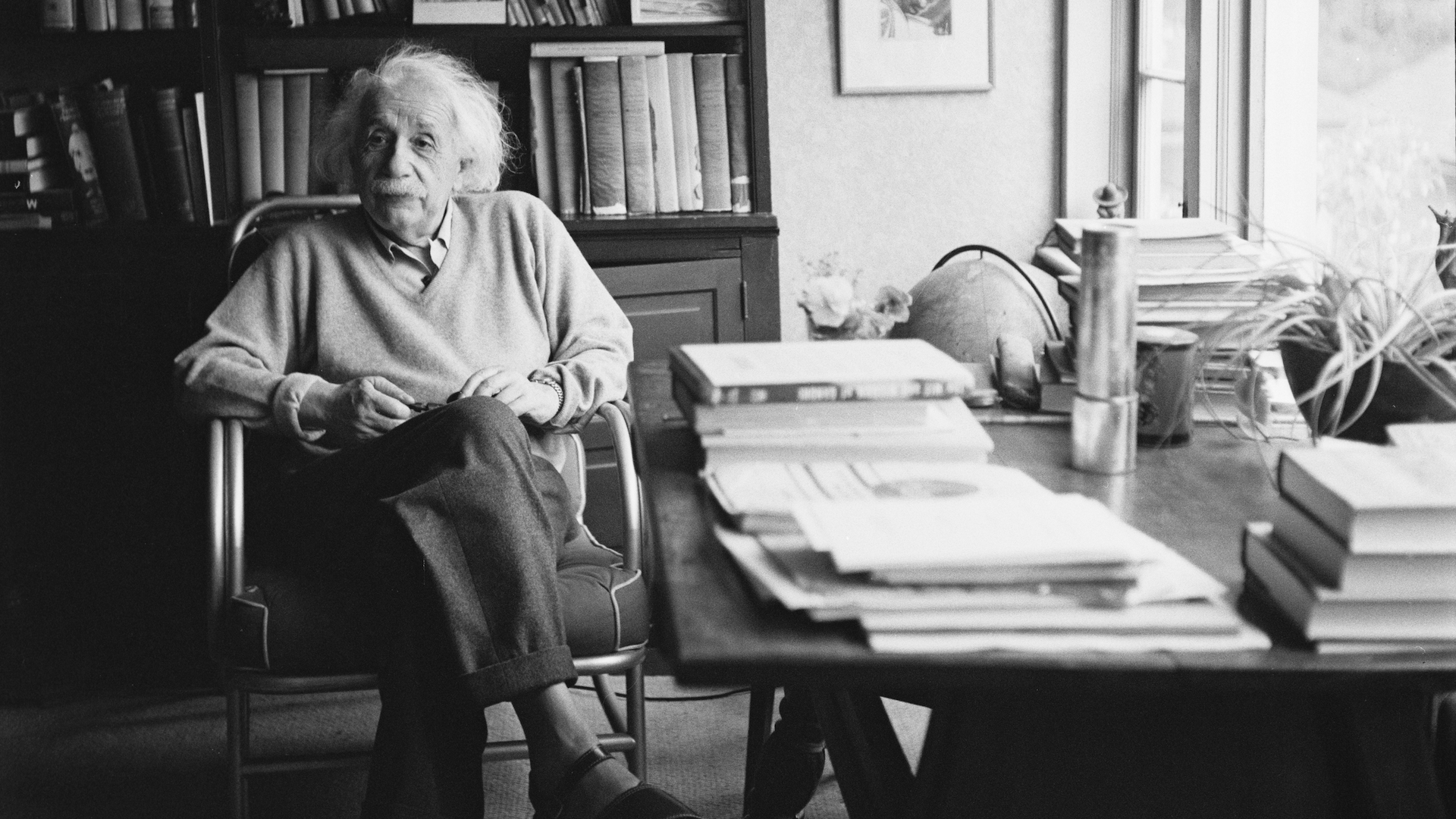Mummy quiz: Can you unwrap these ancient Egyptian mysteries?
Do you know a lot about the ancient Egyptian dead, or do you need to ask your mummy?

The ancient Egyptians were not the first culture to mummify their dead, but they practically perfected the practice by wrapping and preserving millions of people and animals throughout the centuries. The earliest Egyptian mummies discovered by archaeologists date to around 3500 B.C., well before the Great Pyramid of Giza was built.
Mummification was a sacred funeral rite for the ancient Egyptians, who believed that the body of the deceased needed to be preserved so that their spiritual essence could transcend into the next world. Ancient Egyptians believed the heart was the seat of the person's essence, so it was always left inside a mummy. But the process of mummification was complicated and costly, so it was typically reserved for elite members of society.
The ancient Egyptians practiced mummification for thousands of years, but it eventually faded out in Roman times because of the advent of Christianity.
What do you know about the history and practice of mummification in ancient Egypt? Unwrap your skills, because this quiz will test what you know about pyramid schemes — no bones about it!
Remember to log in to put your name on the leaderboard; hints are available if you click the yellow button. We hope you unravel these mysteries!
More science quizzes
—Stonehenge quiz: What do you know about the ancient monument?
—Alexander the Great quiz: How well do you know the famous king and conqueror from the ancient world?
—Roman emperor quiz: Test your knowledge on the rulers of the ancient empire
Sign up for the Live Science daily newsletter now
Get the world’s most fascinating discoveries delivered straight to your inbox.

Kristina Killgrove is a staff writer at Live Science with a focus on archaeology and paleoanthropology news. Her articles have also appeared in venues such as Forbes, Smithsonian, and Mental Floss. Killgrove holds postgraduate degrees in anthropology and classical archaeology and was formerly a university professor and researcher. She has received awards from the Society for American Archaeology and the American Anthropological Association for her science writing.
You must confirm your public display name before commenting
Please logout and then login again, you will then be prompted to enter your display name.










